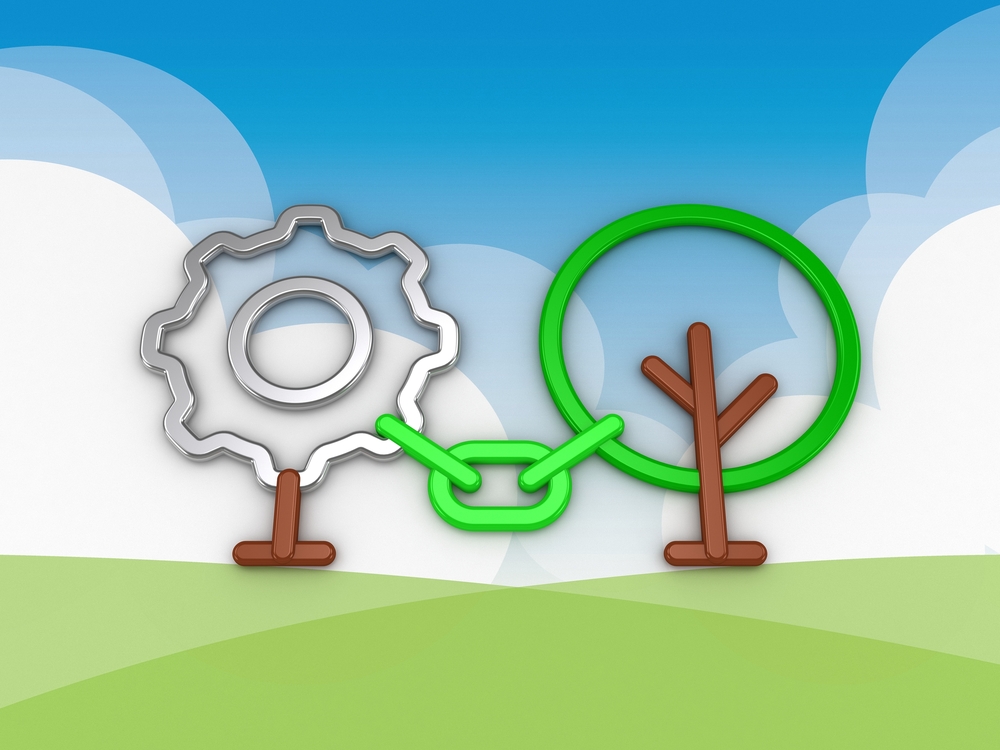Increased awareness surrounding climate change and environmental, social, and corporate governance (ESG) practices has sparked many corporations to move their sustainability efforts to the top of the priority list. Because the largest driver of a companies’ carbon footprint is its supply chain, organizations are scrutinizing ways to lessen their environmental impact. From recyclable packaging materials to zero-emission fleets, organizations are developing eco-friendly alternatives to create a more sustainable supply chain.
Let’s take a closer look at some compelling sustainability success stories.
Industry Success Stories
To achieve greater supply chain sustainability, many companies are laying out clear directives and goals with a focus on packaging, energy, and products:
- Costco, one of the largest wholesale retailers in the world, is taking a hard look at its packaging as part of its ongoing sustainability efforts. For example, they have made changes to their egg packaging, which is now manufactured from 100% recycled PET water bottles and 40% lighter than pulp egg cartons. These differences in packaging save 9 million eggs per year from going into the waste stream and allow for 50% more cartons to be packed onto trucks, significantly reducing greenhouse gas emissions.
- Walmart has set a goal of zero-emissions across its global operations by 2040. The retail giant plans to reach this milestone by implementing numerous best practices:
- Powering 36% of their operations with renewable energy, with the goal of 100% transition by 2035.
- Adding zero-emission vehicles into their fleet, with a goal of 100% transition by 2040.
- Transitioning to low-impact refrigerants for cooling and electrified equipment for heating in all facilities, with a goal of 100% transition by 2040.
- Kroger is focusing heavily on the sustainability of the products they carry in their stores. Focusing on the environmental impacts of the products that move throughout their supply chain allows them to reduce their overall footprint. They now offer approximately 4,000 natural and organic products per store, and a growing inventory of Fair Trade-certified and newly launched plant-based alternative products are available. For example, their Simple Truth® Fair Trade Certified line includes more than 80 products, including coconut water, coconut sugar, and coconut oil. The coconuts themselves are sustainably harvested in groves overseen by Kroger, and the husks are repurposed into rope and gardening mulch. According to the company, sales of these products support investments in healthcare, education, and other community development programs in more than 19 countries.
Other examples of sustainability success stories can be found among the many companies that have switched from wood to the plastic pallets offered by iGPS. iGPS’s all-plastic pallet pooling system has transformed the industry. iGPS plastic pallets are 100% recyclable and complete an average of 100 trips across the supply chain per lifespan – compared to a typical multi-use wooden pallet, which can often wind up in a landfill after only about 25 trips.
Additionally, iGPS pallets are up to 20 pounds lighter and therefore require less fuel for transport. For every 100,000 iGPS pallets shipped, nearly 1,000 gallons of fuel are saved, and more than 20,000 pounds of greenhouse emissions are kept out of the atmosphere.
Today, nearly every major manufacturer and retailer has committed to incorporating greater sustainability into their supply chains. By taking inspiration from sustainability success stories and implementing key sustainability best practices in their own day-to-day operations, companies are setting themselves up for success as the emphasis on environmental responsibility continues to grow.
Companies committed to creating sustainable supply chains use iGPS plastic pallets for all their shipping needs. Our lightweight, recyclable plastic pallets help make greener supply chains and reduce the Total Cost of Business. For more information, contact us at 1-866-557-0047, email a specialist at switch@igps.net, or visit our contact page.



